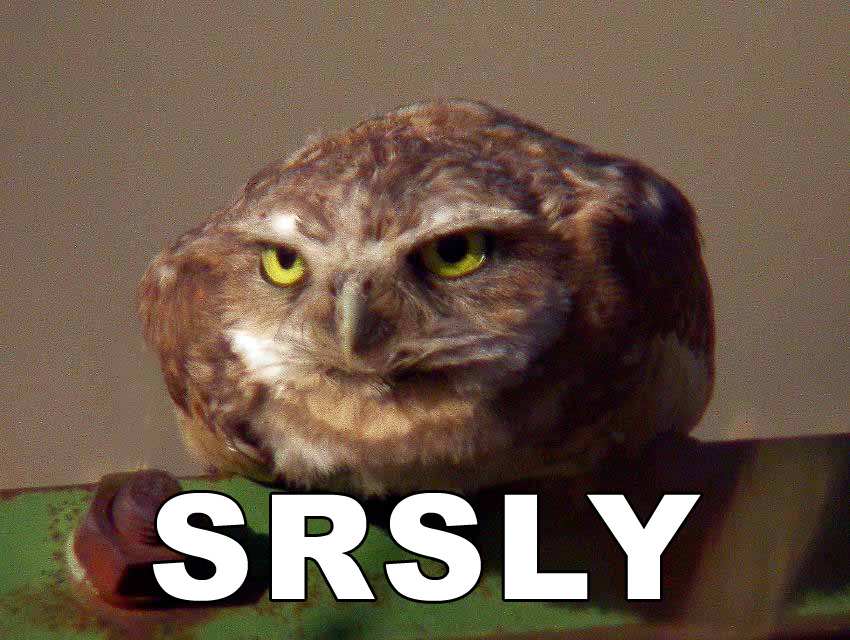If there is an artist in your life... a painter, a sculptor, a singer, a dancer...
Today we learned that the President’s FY 2019 budget proposes elimination of the National Endowment for the Arts. We are disappointed because we see [that] funding actively making a difference with individuals in thousands of communities...

That is an actual argument we are having in our public discourse right now.
There are people who believe art does not contribute to the common good.
People will work hard to ensure that our government does not support the work of artists.
I know the following reaction plays into some stereotypes about liberal academics, but I am not going to let those ugly caricatures of liberalism blunt my message here:
People who believe our government should not support the arts are ignorant.
I know. It is hard, perhaps even impossible to engage in a reasonable debate after insulting people who disagree with me.
But I cannot imagine a reasonable debate with a person who holds that belief.
For one thing, that person is too ignorant to argue with.
Sure, a person might be able to sound intelligent. They might explain that support for the arts can/should come from places other than our government. They might even pull out numbers and charts demonstrating all of the non-government sources of support for art. And all those arguments, no matter how intelligent they may sound, will only confirm the ignorance of those who espouse them. By limiting the role of our government exclusively to the maintaining of our nation's economic health, those arguments show the mental limitations of the people making the arguments.
For another thing, I know too many artists to maintain my composure while listening to a person spout that kind of nonsense. I have too many personal connections to artists to keep my cool: my brothers, my niece, my aunts, my friends, my students... The list just keeps growing, and then there are my hopes for my own kids...
Yeah... No way I'm letting that argument even start. It is a stupid argument made by ignorant people.

